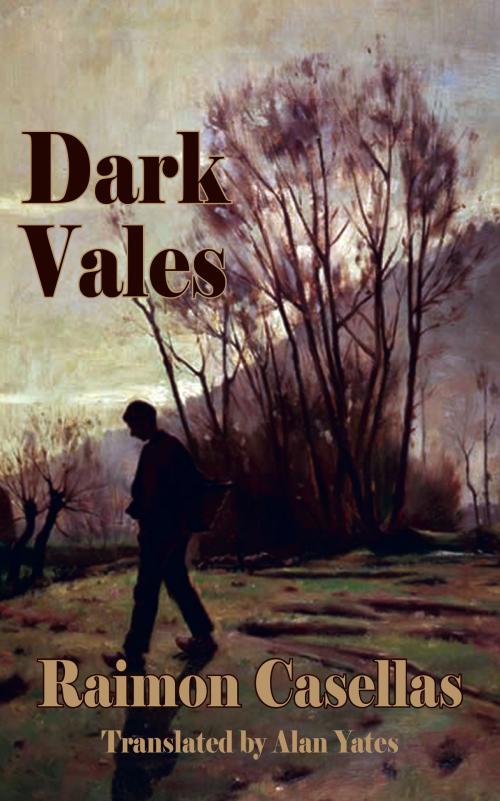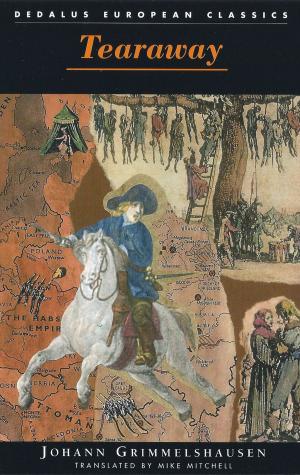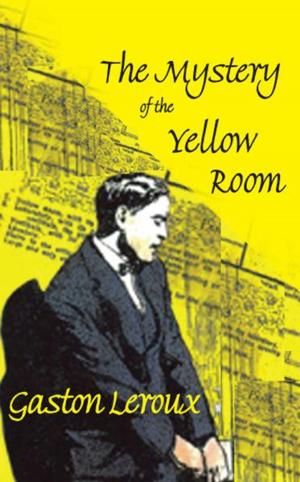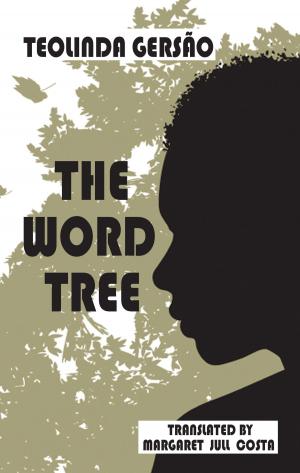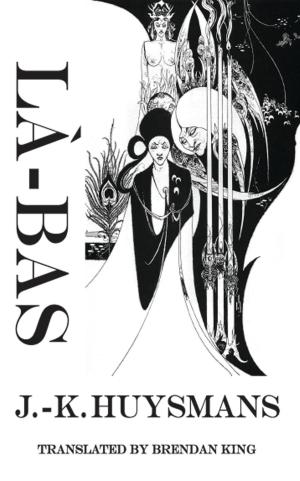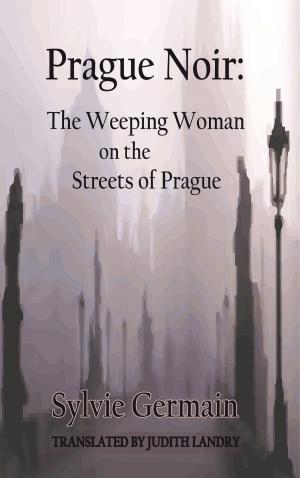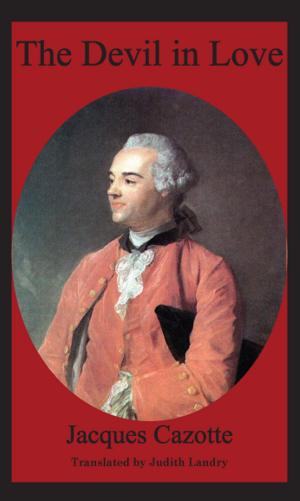| Author: | Raimon Casellas | ISBN: | 9781909232884 |
| Publisher: | Dedalus Ebooks | Publication: | January 5, 2010 |
| Imprint: | Dedalus Ebooks | Language: | English |
| Author: | Raimon Casellas |
| ISBN: | 9781909232884 |
| Publisher: | Dedalus Ebooks |
| Publication: | January 5, 2010 |
| Imprint: | Dedalus Ebooks |
| Language: | English |
The first English translation by Alan Yates of a classic of fin de siècle Catalan literature. The protagonist, Father Llatzer, a priest banished for doctrinal heresy to an isolated, backward mountain parish, struggles to achieve personal redemption by bringing salvation to his primitive, taciturn, rural flock. Their mute atavism is disturbed only by the local whore, Footloose, embodying all the forces against which the priest’s reforming mission is directed. Ambiguity surrounds the denouement of that conflict. Dark Vales is as as compelling today as when it was first written. 'Father Llatzer can be seen as an archetype of the modern intellectual who aspires to improve, enlighten and dignify the society in which he lives.' Alan Yates 'From the very first paragraph of the novel a mood of psychological crisis and impending tragedy is steadily built up.' Germà Portelles 'The priest-protagonist’s struggle is against the obtuse and atavistic minds of his peasant flock. The confrontation becomes a depiction of the intellectual’s struggle with society. But it is also the conflict of the individual against the mysterious, omnipotent forces which rule human existence, against the Unknown, the dark vales… The struggle against these merges into combat with the forces of evil.' Joan-LluÃs Marfany
The first English translation by Alan Yates of a classic of fin de siècle Catalan literature. The protagonist, Father Llatzer, a priest banished for doctrinal heresy to an isolated, backward mountain parish, struggles to achieve personal redemption by bringing salvation to his primitive, taciturn, rural flock. Their mute atavism is disturbed only by the local whore, Footloose, embodying all the forces against which the priest’s reforming mission is directed. Ambiguity surrounds the denouement of that conflict. Dark Vales is as as compelling today as when it was first written. 'Father Llatzer can be seen as an archetype of the modern intellectual who aspires to improve, enlighten and dignify the society in which he lives.' Alan Yates 'From the very first paragraph of the novel a mood of psychological crisis and impending tragedy is steadily built up.' Germà Portelles 'The priest-protagonist’s struggle is against the obtuse and atavistic minds of his peasant flock. The confrontation becomes a depiction of the intellectual’s struggle with society. But it is also the conflict of the individual against the mysterious, omnipotent forces which rule human existence, against the Unknown, the dark vales… The struggle against these merges into combat with the forces of evil.' Joan-LluÃs Marfany
